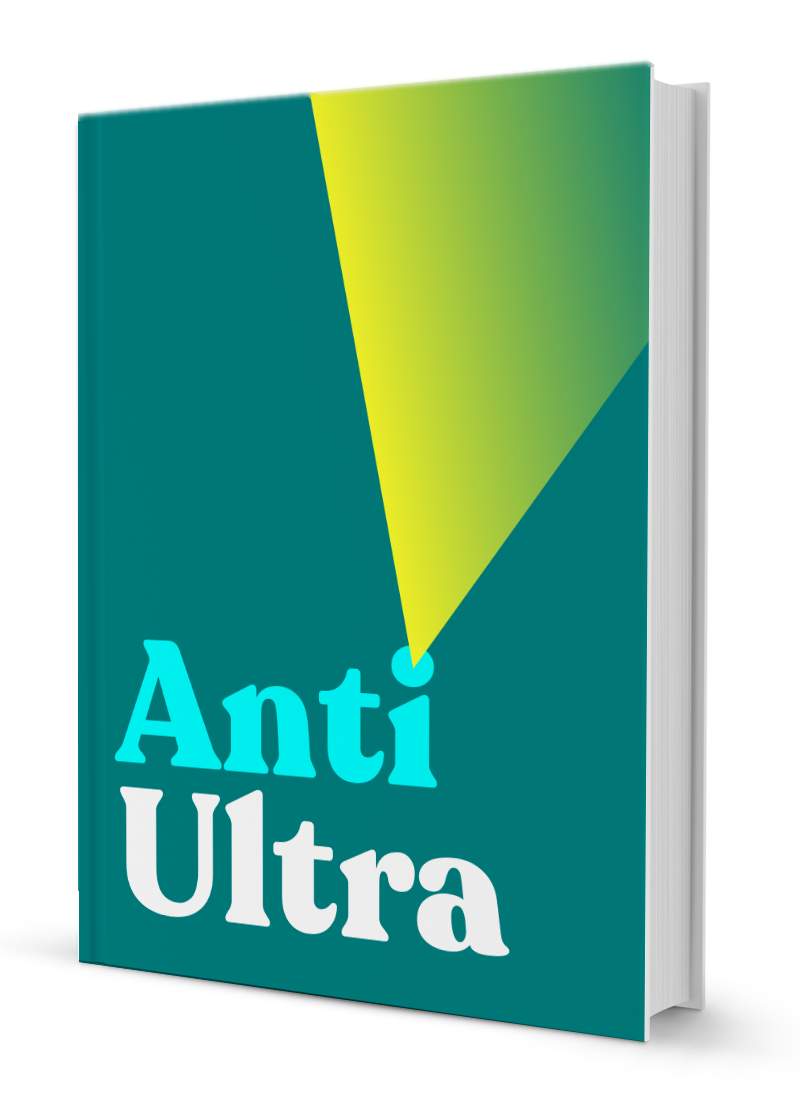


A psychedelic experience is different for each person. It is different from trip to trip. This journal has undergone analogous changes, trying to follow the progressive complexities of the psychedelic movement.
During the year 1967, which saw the publication of only one issue (#9), we experienced three changes of management, and one major relocation—from the tradition-bound East to the liberating West.
Our goal and purpose continues to be primarily to serve as information source on all aspects of the consciousness revolution. Of necessity this implies dealing with drugs and of necessity it requires dealing with more than drugs: with the powerful magic of the ecstatic rock-shamans; with the rediscovery of the tribe as the basic social unit; with ecology, as the key science, the study of the interrelationships of phenomena; and with ground-breaking, vision-expanding developments in the natural sciences, the arts, philosophy, psychology.
In their response to the phenomena of psychedelic drugs the United States, and countries in its cultural circle, react with all the heavens-and~hells that the individual undergoes in his psychedelic trip. All the contradictions and paradoxes are revealed, the ambivalences magnified, the beauties and agonies sharply felt.
Take the government’s attitude towards marijuana as an example. On the one hand we have continued harrassment by law-enforcement agencies at all levels, of writers (such as Timothy Leary, Leslie Fiedler), musicians (such as The Grateful Dead) and 'hippies' (those who happen to express their altered vision of the world in modes of dress and hair-style).
On the other hand we have groups such as USNSA (the National Student Association), which develops guide-lines for campus student-policies, recommending "repeal of all state legislation which prohibits the consumption and possession of marijuana for personal use" (USNSA Background Papers on Student Drug Involvement).
The interesting thing is that USNSA's program of drug-education and reform is funded by NIMH, a branch of the Department of Health, Education and Welfare. Apparently the right hand does not know what the left hand is doing. Or perhaps it does. Perhaps it knows too well.
Goddard’s statement that he’d rather see his teen-age daughter smoke pot than get drunk was no slip of the tongue, but a calculated political remark. And in advocating the ratification by the Senate of an international treaty for control of "narcotics," Commissioner Anslinger cited the spreading movement towards legalization at home as grounds for controlling it by treaty. The Senate ratified the treaty (84-0) on May 8, 1967, after an unannounced, hence unopposed hearing in the Foreign Relations Committee.
To thicken the web of contradictions even further, in February of the same year, the President’s Commission on Law Enforcement and Administration of Justice strongly urged reevaluation of state and federal marijuana laws.
The immediate aim of the 'marihuana lobby' is to move marijuana out of the Narcotics Bureau into the medical domain of the FDA. To the Narcotics Bureau, marihuana represents 30% of their budget and 90% of their publicity. Understandably they do not embrace the idea of legalization. The long-term aims of the lobby are to make marihuana legally available exactly as cigarettes, providing profits for the manufacturers and tax-revenue for the government.
Rumors published in The East Village Other would have it that a major tobacco company has registered Acapulco Gold and Panama Red as trade names. Other reports would lead one to expect that the manufacturers of confectionaries will not be far behind in contributing simultaneously to human happiness and their own profits by developing cannabis candy, a la majoum.
Marijuana seems well on the way to becoming an accepted and popular recreational drug, according to a "secret" position paper circulated in Washinton and reported in the San Francisco Chronicle. And are the 75% of American G.I.s smoking pot in Vietnam (according to John Steinbeck's son) going back to liquor when the war is over?
LSD and other hallucinogens are still regarded with a rather more jaundiced eye by most Americans. The panic-cry of "chromosome damage" — too technical for the man in the street to evaluate — is being used in exactly the same way as imaginary crime and perversion stories were to suppress marihuana in the thirties.
The predicted consequences of this suppression of LSD are already in evidence:
It is possible the country may have to wait 25 years, as with marijuana, before the lies are exposed and the new psychic instruments can be accepted. The LSD subculture will, in the meantime, as Professor Howard Becker of Northwestern University has suggested, develop its own way of handling casualties.
The fear of the unknown will gradually diminish. But even if, owing to pressure of outside world events, the hallucinogens never become legally available; even if the vast majority of users stop using, the impact of LSD on our culture, the arts, media, religion, values, has already been profound and cannot be legislated away. Even a bad trip can have good consequences.
But it is, after all, not LSD, the chemical, which is at issue. The point is that we have there an experience, a perception, which is as frightening to those concerned with preserving the status quo, as it is illuminating-liberating to those who are ready to look beyond.
If LSD produces genetic damage (which is by no means established), then other, safer methods of changing consciousness will be found, and this particular substance relegated to use mainly in geriatrics.
The explosive spread of direct and indirect effects of psychedelics in this culture, and the almost total conquest of the media by the consciousness-revolution (witness the transformation and visibility of The Beatles), both point towards an era of unprecedented and unpredictable changes in the minds of men during the coming decades.
The Castalia Foundation transcribed the Editorial printed above using an original copy of Issue #10 of The Psychedelic Review. This is part of our project to historically preserve all back-issues of our legendary psychedelic magazine.

